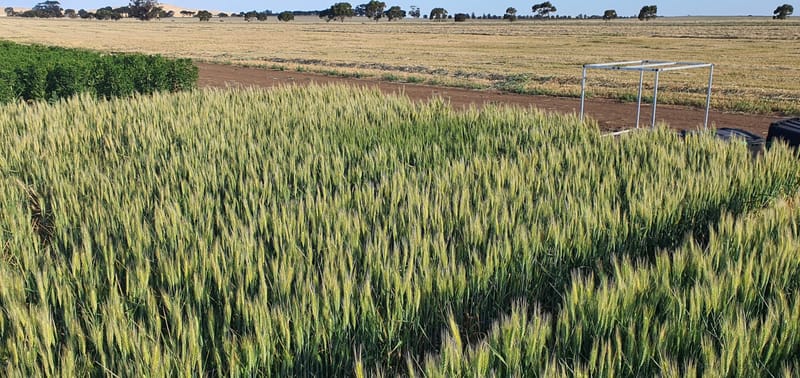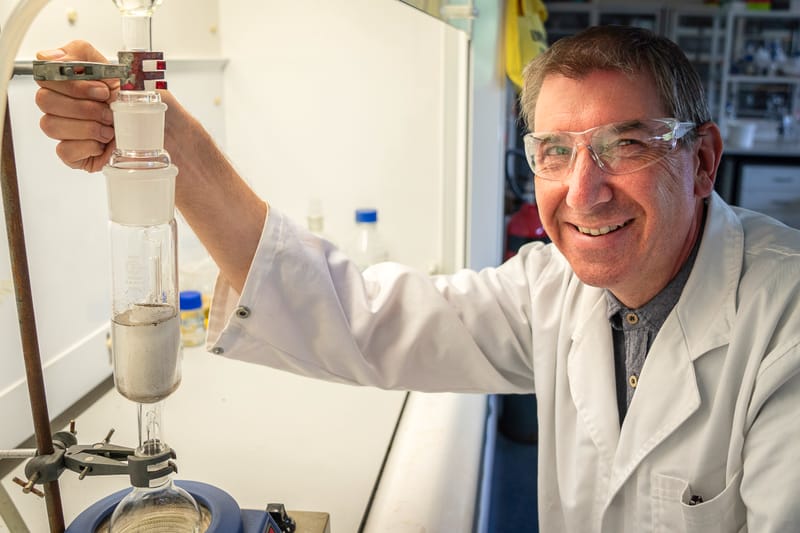A bit of rain can’t stop a bumper harvest
NOVEMBER was touch and go for EzyBale’s Corbin Schuster, as he stared down the threat of water-logged and diseased crops amid record-breaking rainfall. But a late harvest was his saving grace as many of his crops came away unscathed to produce...
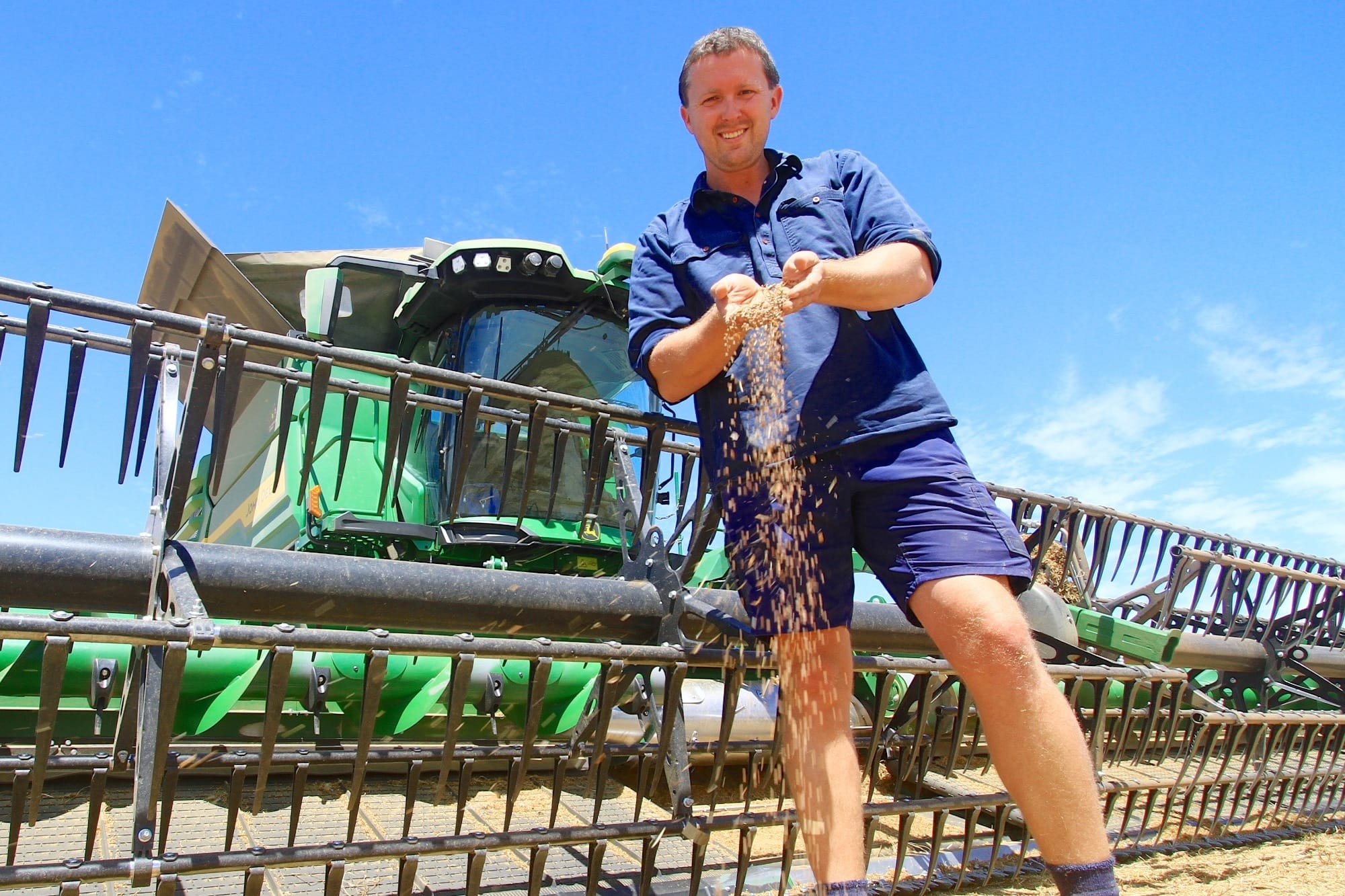
NOVEMBER was touch and go for EzyBale’s Corbin Schuster, as he stared down the threat of water-logged and diseased crops amid record-breaking rainfall.
But a late harvest was his saving grace as many of his crops came away unscathed to produce some of his highest yields ever, in what he calls a “textbook year”.
Situated in Freeling near the Barossa Valley, EzyBale grows wheat, barley, canola, lentils, peas and more alongside hay – and now like many growers, it is revelling in a bountiful harvest.
“We’re very happy with how it’s turned out, almost all the different crops that we grow have performed really well,” Corbin said.
The cream of the crop was canola, yielding almost four tonnes per hectare, a far cry from an expected figure of two-and-a-half to three.
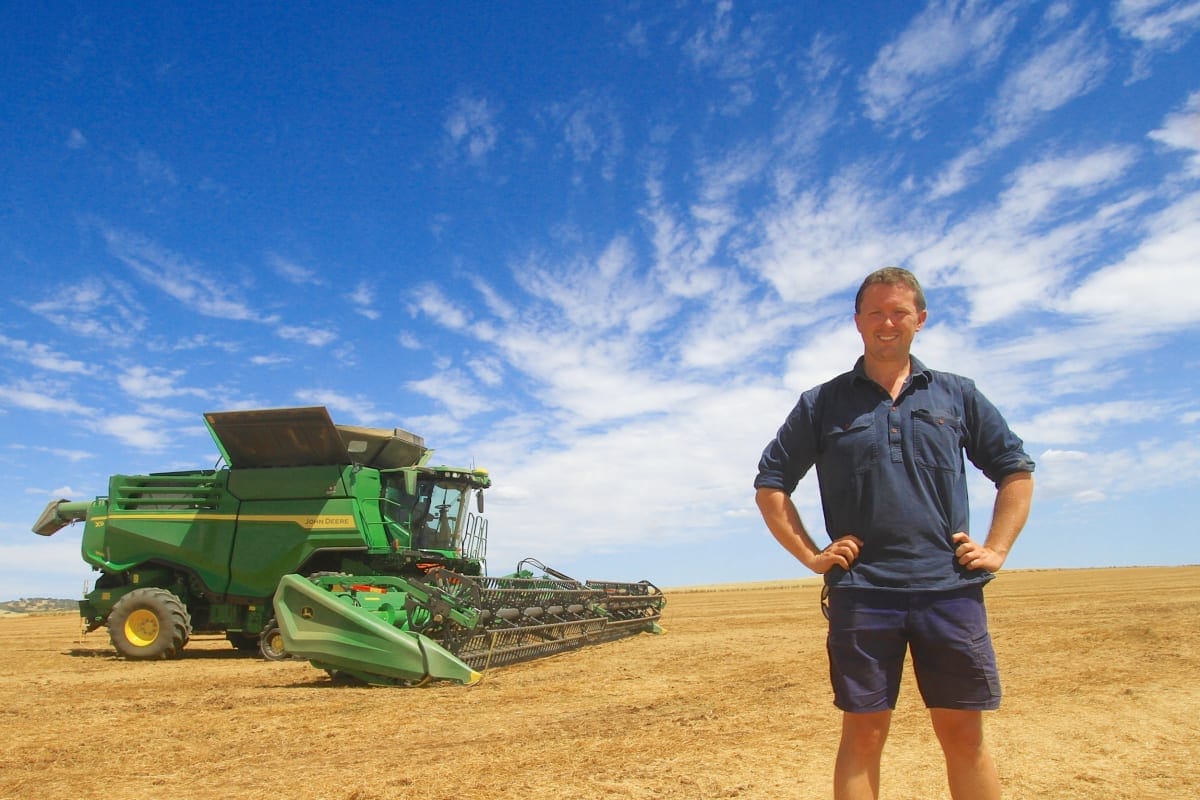
“A lot of the people we’ve spoken to around Freeling actually had their highest canola yields ever, which is fantastic because there’s a bit of a canola shortage at the moment,” he said.
“We even had a paddock that averaged way over five tonne to the hectare, which is unheard of around Freeling.
It was just the year, we had fantastic growing conditions for canola… the plants were never under any stress.”
In November, Corbin said his grain crops walked a fine line after a deluge of rain across the region, which saw storms and flash flooding wreak havoc across the state.
“We’ve had an incredible amount of rain in the growing season, which is considered to be between April and October,” he said.
“2022 was an incredibly wet year, we had probably our second or third highest rainfall year on record, so there was a lot of disease pressure.”
The threat of crop disease loomed well across the state, prompting Grain Producers SA (GPSA) to call a roundtable discussion with disease experts in November.
GPSA CEO Brad Perry said in November that “larger than normal” areas had been impacted by disease, which were predicted to reduce harvest yield and quality.
“The persistent and consistent rainfall across South Australia in the lead-up to harvest has created unique challenges when it comes to disease,” he said.
But luckily, EzyBale defied most odds.
“The crops did really, really well growing with the amount of rain we had, but they were very expensive to grow,” Corbin said.
It was real touch and go there, so if it continued for much longer we should have been growing rice and cotton.”
His lentils drew the short end of the straw however, prompting a late harvest as crops struggled with being waterlogged.
“They don’t like getting wet feet,” he said.
But Corbin is in the business of hay, with EzyBale establishing itself as a family-owned business in 2006 to simplify the hay transportation process.
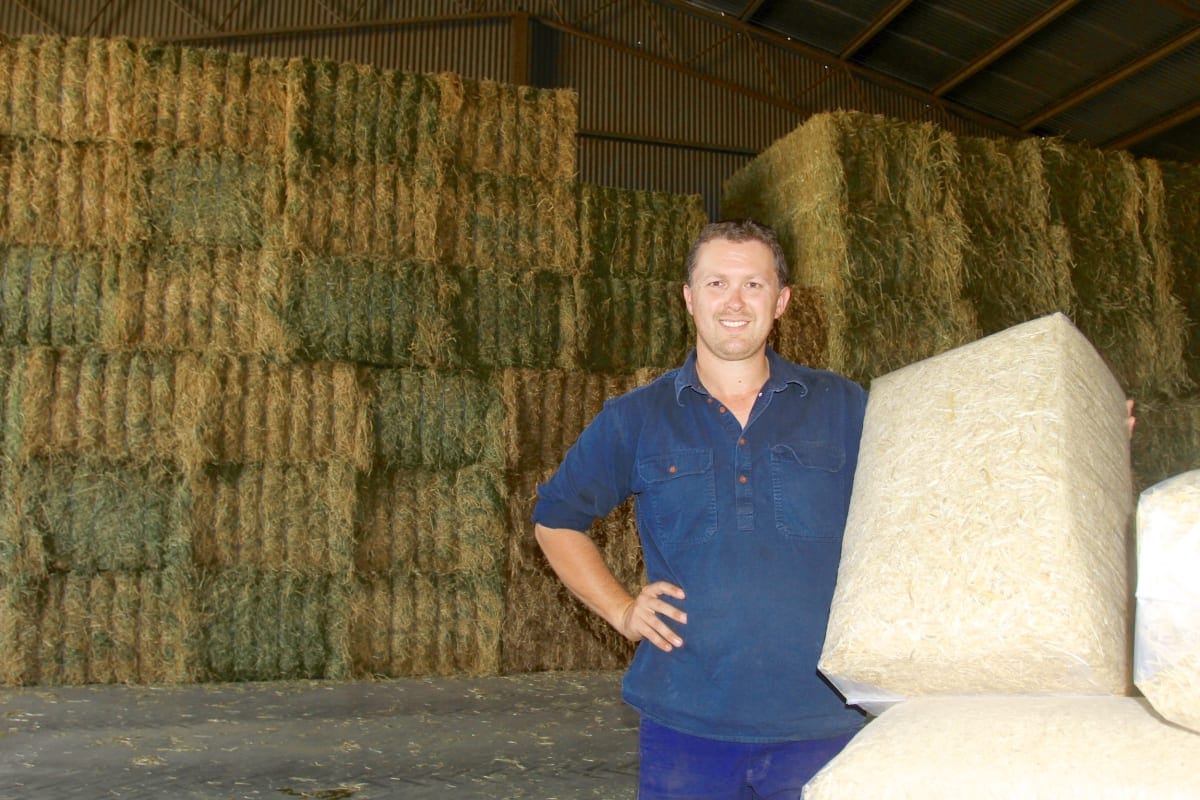
It was born into fruition by Corbin’s father and grandfather, who knew there had to be a better solution than handling itchy hay by hand on a 40-something degree day.
Gone are the days of your typical massive cylindrical bale, with the Schusters stacking square bales onto pallets for easier transportation across the country.
Unlike the grain crops, hay also struggled with the wet weather, but still remains at the forefront of the business.
“Unfortunately the hay situation wasn’t fantastic – it’s fantastic for grains, but the rain came at the time of trying to dry hay in the paddock,” Corbin said.


